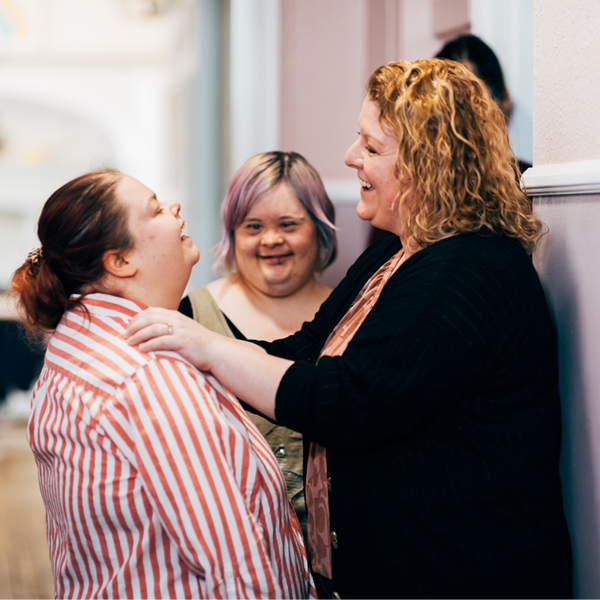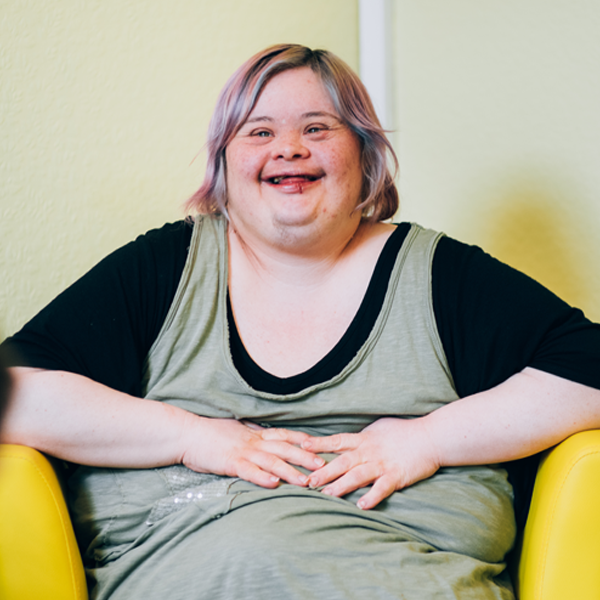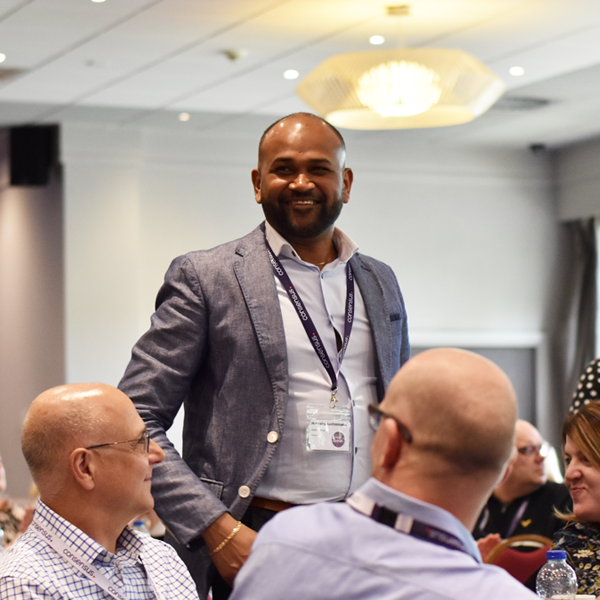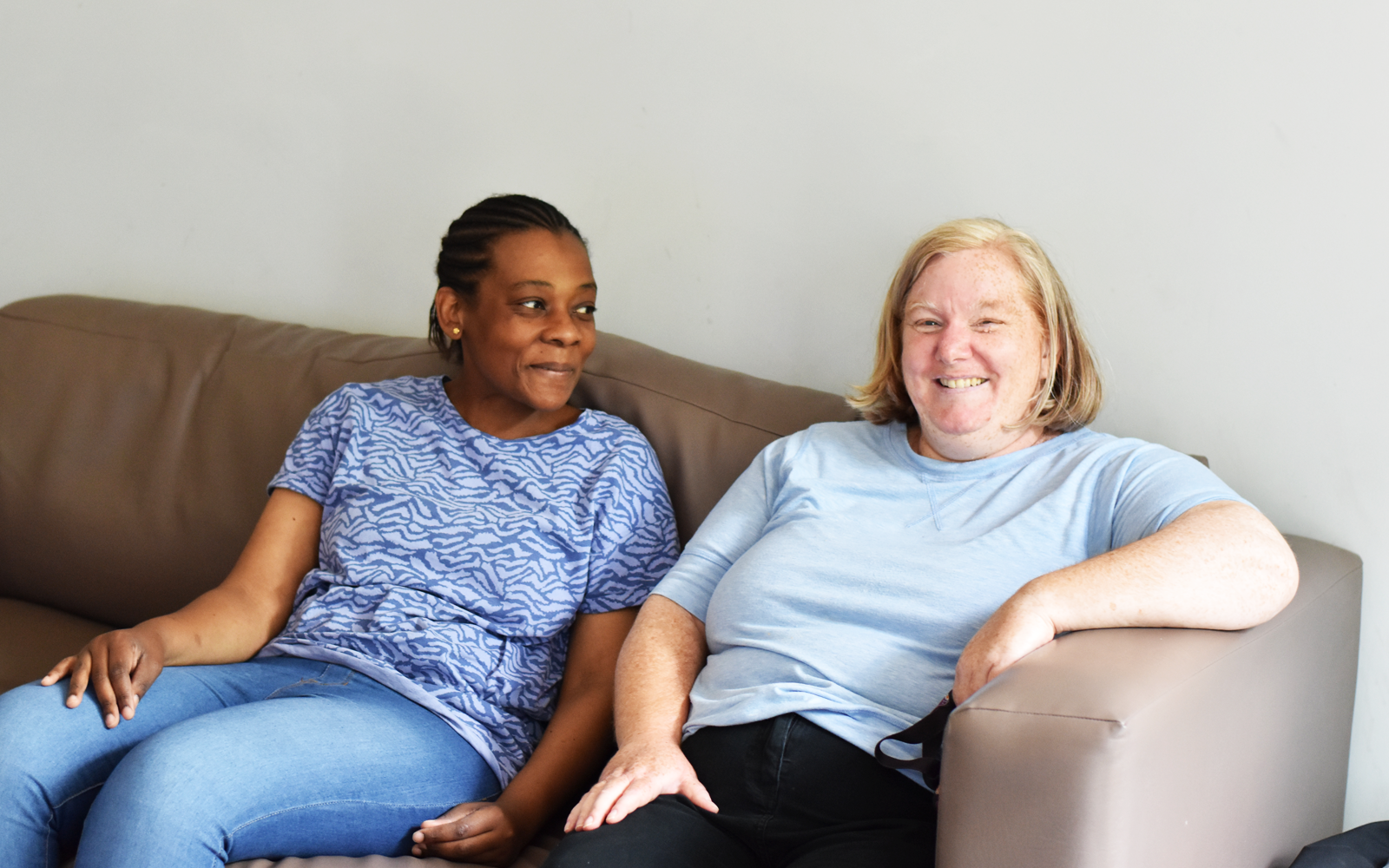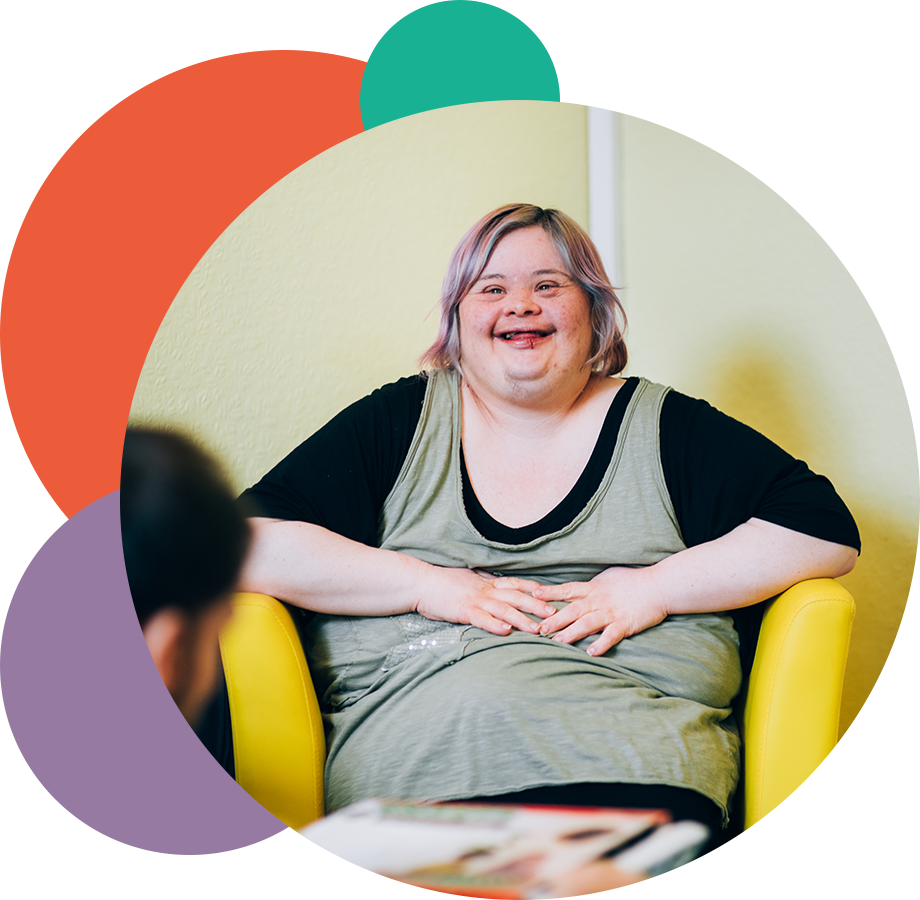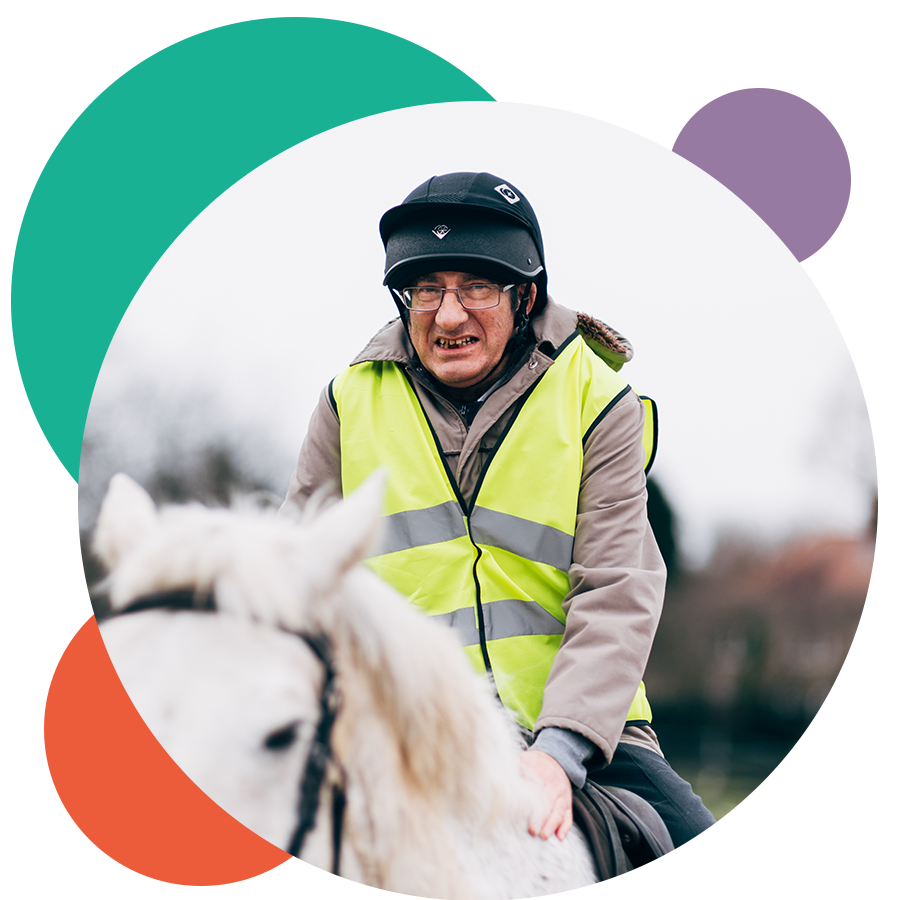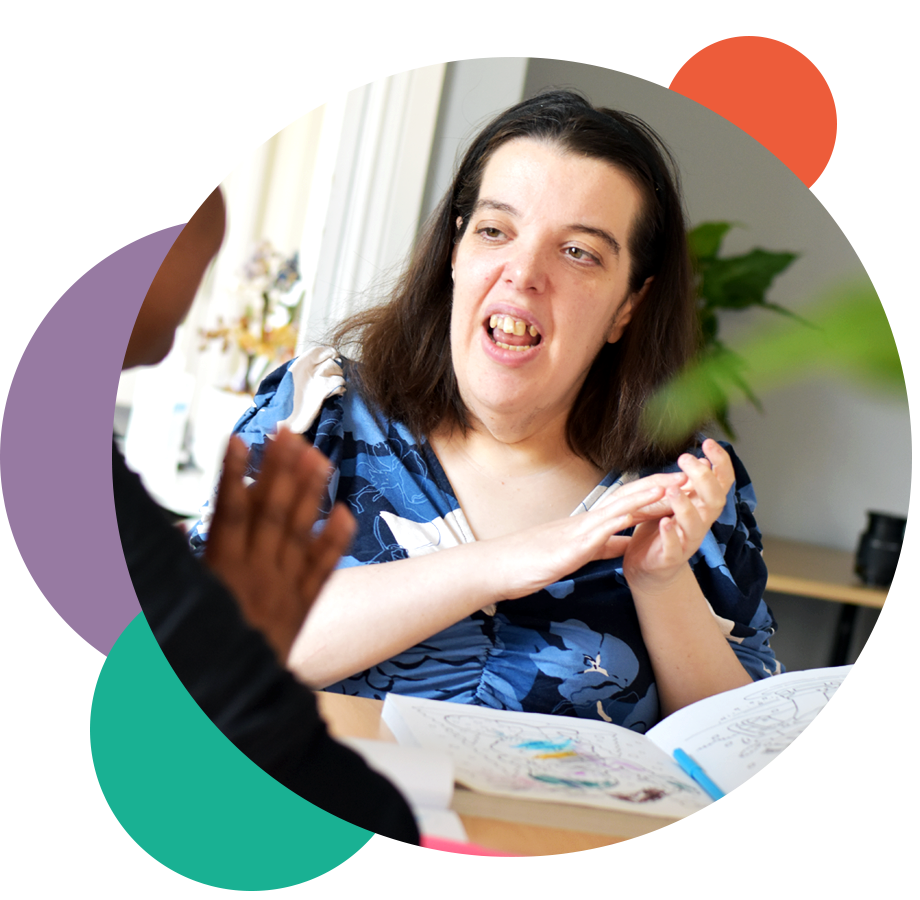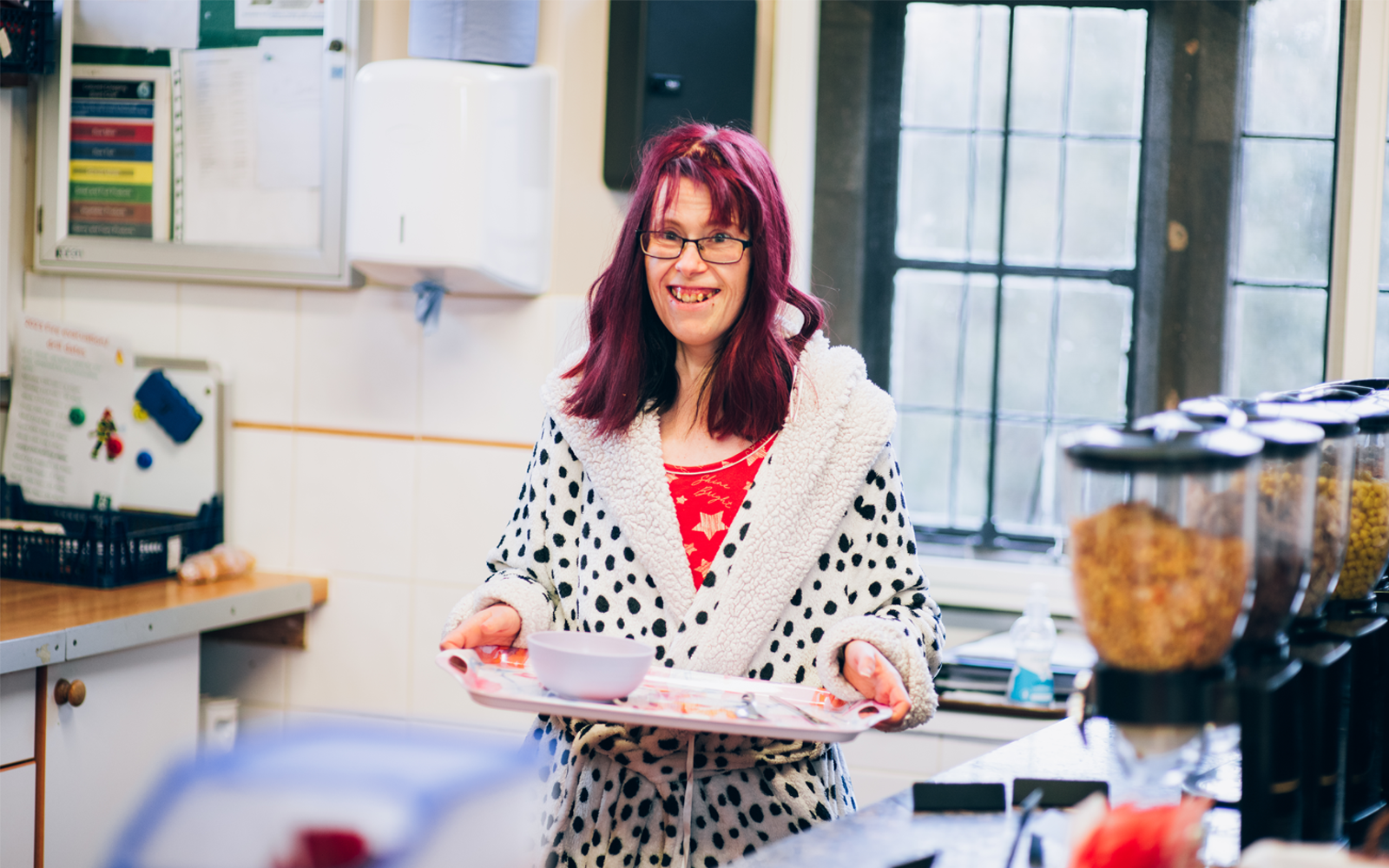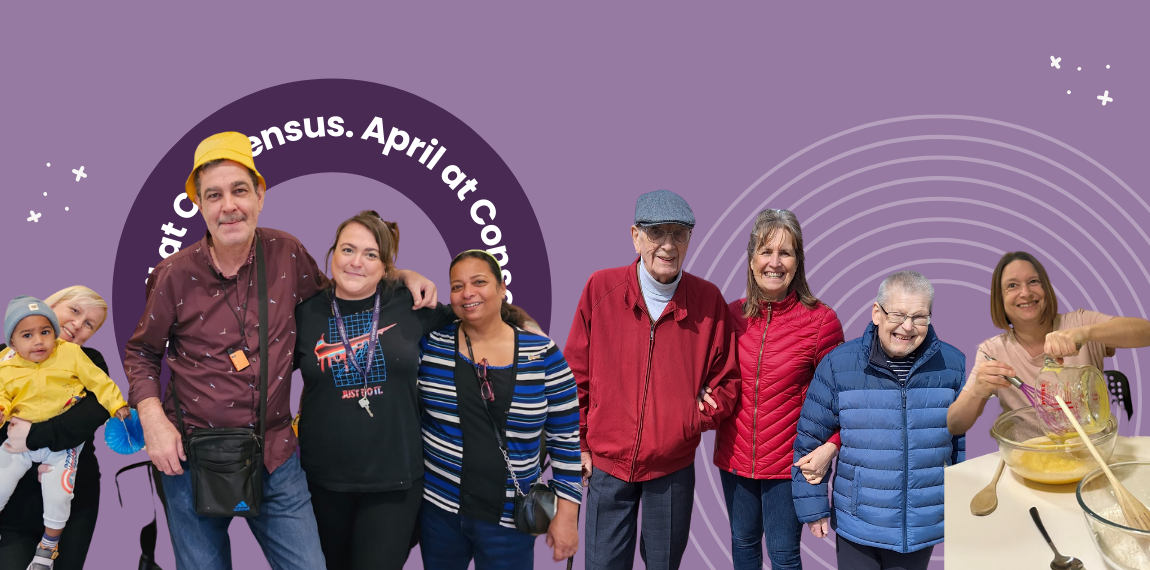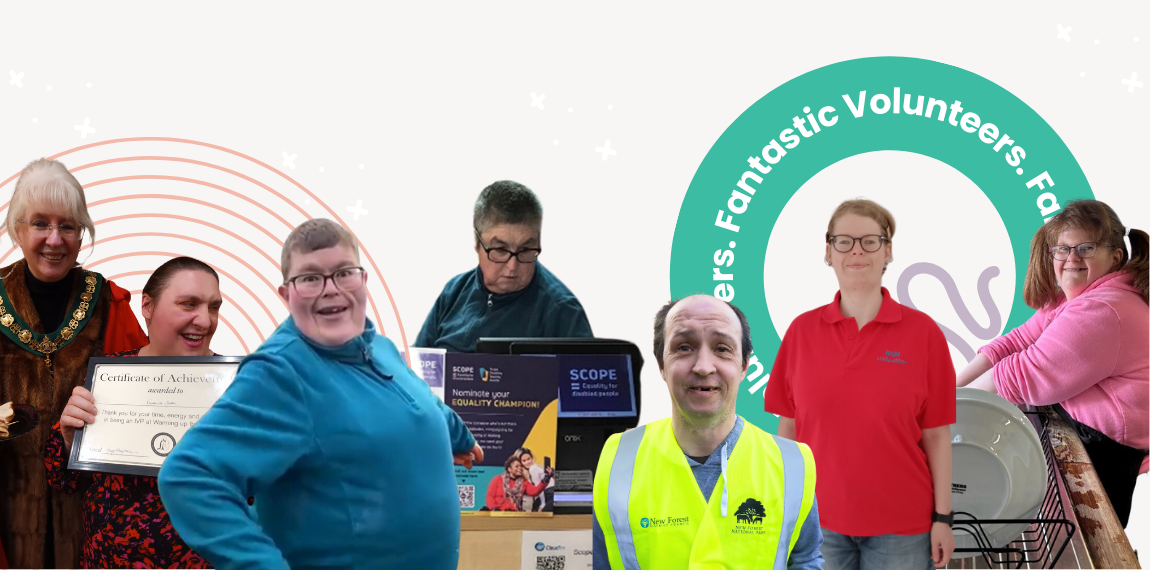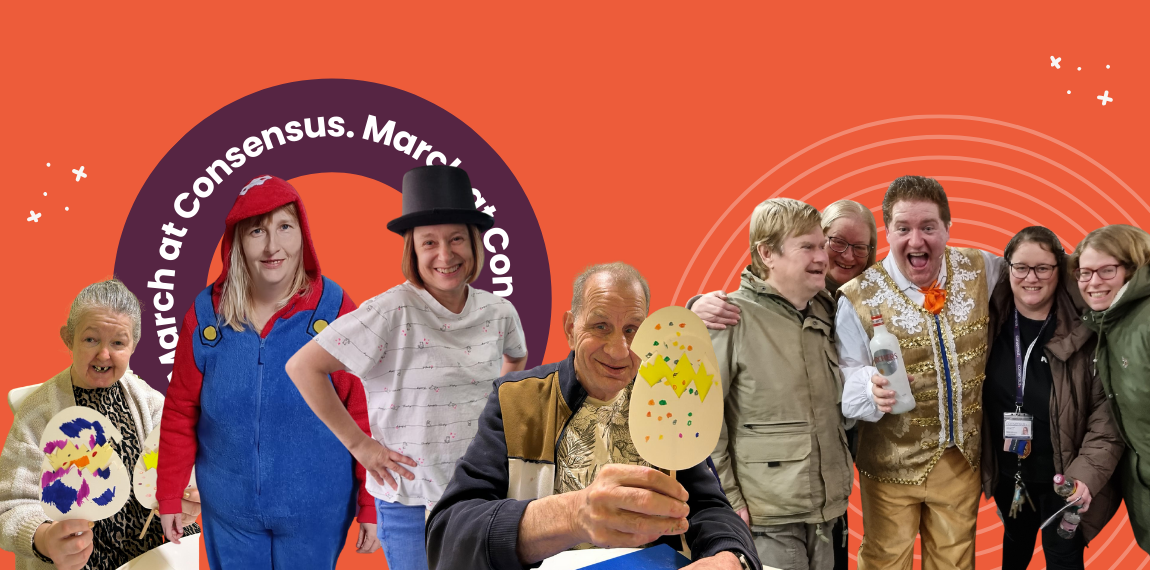At Consensus, we support people with learning disabilities, autism, complex needs and behaviours others may find challenging to lead happy and fulfilling lives. We understand and embrace everyone’s unique qualities, which means individualised, person-centred support expertly tailored to every individual’s goals, needs and aspirations.
With a wealth of experience and a deep understanding of supporting people with disabilities, our teams are made up of skilled, qualified, and experienced care professionals – all of whom receive specialised, in-depth and ongoing training with opportunities for continuous development – always putting the people we support at the heart of what we do.
We’re not just a provider of care. We’re a community that celebrates diversity and embraces individuality – dedicated to providing safe, welcoming environments where people can feel valued and respected.

